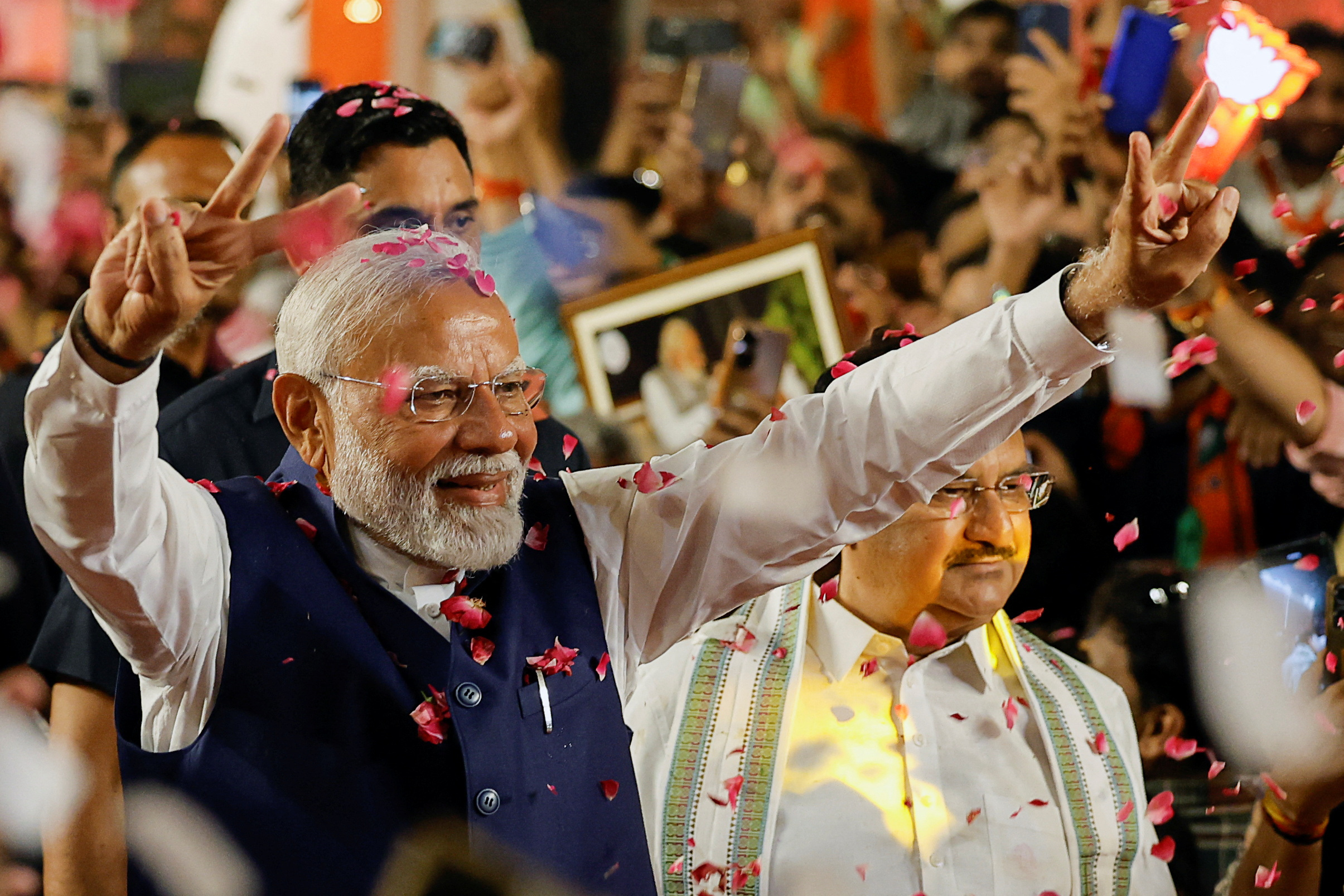Nepal is a landlocked country located in South Asia, bordered by India to the south, east, and west, and by China to the north. Nepal operates as a federal democratic republic. Here is some information about the election system in Nepal:
- President: The President of Nepal is the head of state. The President is elected by an electoral college consisting of the members of the Federal Parliament and the Provincial Assemblies. The President’s role is largely ceremonial, representing the unity of the nation.
- Federal Parliament: The Federal Parliament of Nepal is the supreme legislative body. It consists of two houses: the House of Representatives (Pratinidhi Sabha) and the National Assembly (Rastriya Sabha).
- House of Representatives: It is the lower house of parliament with 275 seats. Members of the House of Representatives are directly elected by the people through a first-past-the-post system and a proportional representation system. The term of office for members is five years.
- National Assembly: It is the upper house of parliament with 59 members. Members of the National Assembly are elected by an electoral college consisting of members from local bodies, as well as provincial assemblies. The term of office for members is six years.
- Provincial Assemblies: Nepal is divided into seven provinces, each with its own Provincial Assembly. Members of the Provincial Assemblies are elected through a combination of direct elections and proportional representation. The Provincial Assemblies have legislative powers within their respective provinces.
- Local Bodies: Nepal has a three-tiered system of local governance comprising municipalities, rural municipalities, and wards. Local body elections are held to elect representatives at the local level, ensuring grassroots participation in decision-making processes.
- Voter Eligibility: Nepali citizens who are at least 18 years old have the right to vote in elections. Voter registration is required, and eligible voters must be included in the voter roll to participate.
- Political Parties: Nepal has a multi-party system, with various political parties participating in elections. Some of the major political parties in Nepal include the Nepal Communist Party (NCP), Nepali Congress (NC), and other regional and smaller parties.



